Investing heavily in developing a social support structure is essential immediately after recovery. Having a community of people helps to prevent isolation, a struggle that commonly leads to relapse in the early stages of recovery.
Social circles should involve support groups. Support groups serve as networks to help you open up and be supported by like-minded individuals so that you stay on the right track.
Your social circle might include access to peer support, therapy, and medical support. Having people you can turn to for moral support or help getting a ride to and from an appointment can make completing all of the essential elements in your recovery easier.
Liberty House Recovery is a luxury drug and alcohol rehab center in Michigan. Contact us today to learn more about how our Michigan drug treatment center can help.
Types of Social Support in Recovery
There are several types of social support you can build while in recovery.
Having Someone to Offer Tangible Support
When you leave a residential treatment program, you might have to transition back to a life where the ramifications of drug addiction are still present, such as:
- Not having stable housing
- Being unemployed
- Having strained relationships
- Not having money
- Not having a license or a car
You will inevitably face several setbacks along the way as you return to your community environment and not only contend with triggers and challenges that were left behind but these tangible issues like not having a job and not having a license or a car so that you could drive to a new job.
When you have a support circle, you have people you can bounce ideas off of and people who can offer tangible support.
- Maybe someone in your support circle can help you look up community bus schedules and find out where all the relevant stops are for areas where you are looking for a job or where you want to go back to school
- Maybe someone in your support circle can help drive you to places like the DMV and stay with you while you make an appointment to renew your driver’s license
- Maybe a family member who is a part of your support circle can help you by providing a stable living environment while you transition
- Maybe someone close to you can help you find a used car, find temporary work, or offer financial support when getting a loan
Having Someone to Call
It’s important to have a friend or family member that you can just call when you need to talk or when you want to participate in a sober activity.
You never know when you might deal with:
- A flashback or a recall of a particularly painful struggle
- A time when you hurt your family
- Need to get advice on how to manage a current relationship
- Need to talk about a job problem
In recovery, you might still struggle with keeping a regular schedule, so this person could be someone who is available when you are often awake or someone who doesn’t mind you calling late at night or in the morning.
Having Someone from a Support Group
That person you can call to meet with you or talk with you might not be the same person you have from a support group. They could very well be someone who’s never experienced addiction.
If that’s the case, having someone from your support group is also important as part of your social support and recovery. When developing a support social circle, someone in your network who has a background in addiction can better empathize with unique experiences, struggles, or thoughts that a supportive friend or family simply might not be able to do.
Having a Mentor
Similarly, you want a mentor, possibly from a support group or possibly someone you meet elsewhere. That mentor should be someone who has experience and can offer something more than moral support.
If you are struggling, or if you need help finding a job, or you decide you want to go back to school, your mentor should be someone who can help you facilitate those decisions or, at the very least, connect you to someone who can.
Liberty House’s Alumni Group
When developing a support social circle, one of the easiest ways to find social support and recovery is to participate in alumni activities. Alumni programs and aftercare programs provide a chance to meet with other people who have gone through the same type of treatment plan or who have transitioned into recovery themselves.
Aftercare with Liberty House
Liberty House is committed to providing strong aftercare benefits to help maintain long-term sobriety. This type of transition occurs immediately after completing your treatment program, and it provides assistance with social support in recovery so that you don’t have lapses in support or care during a critical transition time frame.
We offer relapse prevention programs which serve as a key component to creating a supportive and comfortable atmosphere conducive to developing a support social circle of other people who can speak openly about:
- Strengths
- Weaknesses
- Struggles
- Feelings
- Triggers
- Temptations
- Cravings
Overall, recovering from addiction is a lifelong process, and when you return to your regular environment in the early stages of recovery, having a strong and stable support circle around you can help you maintain your sobriety.
Call us today to learn how we set you up for success with our alumni and aftercare programs.





